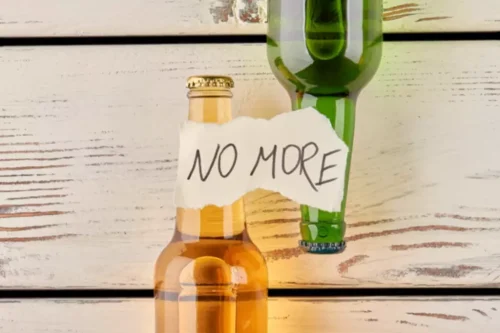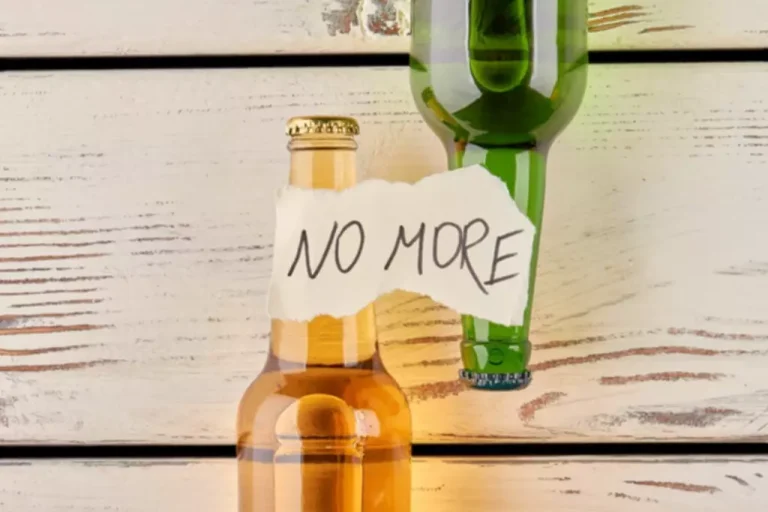
When it comes to overcoming alcoholism denial and taking the necessary steps toward recovery, finding the right support is crucial. It’s essential to convey a message of hope to your loved one struggling with alcoholism denial. Let them know that there are ways they can overcome their addiction and live a fulfilling life once again.
Is denial characteristic of an alcohol addiction?
Things like therapy, support groups, or alcohol-free activities can be beneficial in helping them keep up with their recovery journey. Letting them know they are not alone and showing your support is important in getting someone to accept help. Remember, enabling behaviors often stem from a place of care but can hinder progress toward recovery. It’s essential for loved ones to learn healthier ways to support themselves without perpetuating denial.
- Unfortunately, this usually results in leaving those family members feeling lonely and frustrated.
- Furthermore, because these responses can be barriers to successful treatment, clinicians and interventions often focus on these issues.
- If not done carefully, confrontation can end badly, especially if the person is a functioning alcoholic in denial or someone who has a history of verbal or physical abuse.
- People with alcohol use disorder may experience denial, which can delay treatment.
How to support your loved one through their journey

Four variables contributed significantly to the analysis including three of the criteria predicted in Hypothesis 5 along with a SUD on illicit drugs other than cannabis. However, certain food groups also have benefits when it comes to helping with the discomfort of withdrawal symptoms and detoxification. Individual therapy, combined with marriage or family counseling, can strengthen your self-esteem and help you build a healthy, sober relationship. Design for Recovery offers the skills and support for lifelong sobriety. By expressing your concerns, offering alternatives, and staying firm, you can help someone in denial get on the road to recovery.
Expanding medical, social, and educational services in Watts

However, the level of alcohol involvement among these deniers was not benign. This unhealthy level of drinking and life problems portend a potential for more severe future alcohol problems (Schuckit, Alcoholism and Denial 2018b). Access to educational materials and ongoing support can be invaluable in addressing alcoholic denial and guiding individuals towards a healthier life.

Help them understand the impact their alcohol use is having on themselves and those around them. We are available to explore addiction treatment options that can help you or your loved one get the assistance needed to start recovery. These individuals maintain appearances, hold down jobs, and fulfill most daily responsibilities. In fact, their loved ones may reinforce the denial by not acknowledging the warning signs themselves. Another form of defense can happen when a person struggling with addiction creates a group of people that allows them to continue to believe that their drinking is not a problem, nor the cause of their hard times. When a person starts abusing alcohol, they may feel they have a good reason.

